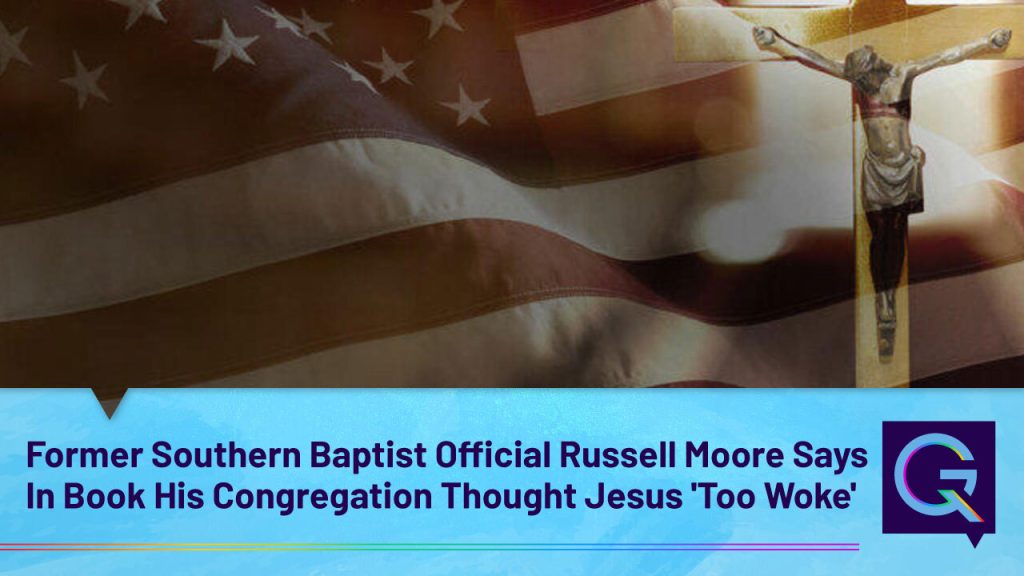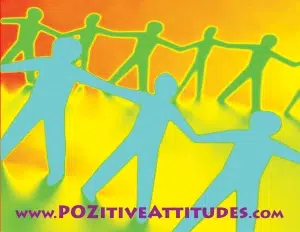In recent years, the intersection of politics and religion has taken center stage in the United States, sparking a contentious debate within the evangelical community. Russell Moore, a former top official at the Southern Baptist Convention (SBC), the nation's largest Protestant denomination, has raised a clarion call, expressing his concerns over the deepening influence of politics on evangelical teachings. His insights shed light on the ongoing struggle within Christianity in America, as tribalism threatens to erode the core values of the faith.
The Collision of Faith and Politics
Russell Moore's observations have brought to the forefront an unsettling truth: the lines between faith and politics have blurred, challenging the very essence of evangelical teachings. For years, evangelical Christianity has wielded considerable influence in American society, often playing a pivotal role in shaping public discourse and policy decisions. However, the symbiotic relationship between faith and politics has started to raise eyebrows, as Moore suggests that the pulpit is increasingly being used as a platform for partisan ideologies.
The Intrusion of Tribalism
One of the most alarming aspects of this phenomenon is the encroachment of tribalism into the religious sphere. Moore's concerns mirror the broader societal trend of polarization, as ideological factions permeate nearly every facet of American life, including places of worship. This has led to a disconcerting situation wherein pastors delivering sermons on timeless Christian values like "turning the other cheek" are questioned and accused of promoting "liberal talking points." The Church, which should ideally be a unifying force, risks becoming just another battleground for partisan battles.
The Local Solution
Moore's proposed solution to this crisis is as thought-provoking as the problem itself. He suggests that combating this influence cannot be achieved at a grand movement level or through ideological wars, but rather through a grassroots approach. Moore's emphasis on the importance of small and local communities is a reminder that change often begins in familiar surroundings. By fostering open dialogue, encouraging critical thinking, and nurturing an environment of inclusivity, these communities can gradually reclaim the sanctity of the Christian message from the clutches of politics.
Lessons from the Past
Russell Moore's concerns are not without historical precedent. The intertwining of religion and politics has, at various points in history, yielded mixed results. Christianity has the capacity to inspire transformative change when it remains faithful to its core principles of love, compassion, and humility. However, when it becomes entangled with political agendas, the essence of the faith can be diluted, and its true teachings distorted.
A Call for Reflection
Moore's perspective invites believers and non-believers alike to reflect on the role of religion in public life. It underscores the importance of maintaining a healthy separation between faith and politics, not to negate their potential overlap, but to preserve the integrity of both. As the world evolves and societal challenges grow more complex, the values imparted by Christianity – empathy, kindness, and justice – remain as relevant as ever. It is a reminder that the core message of the faith should never be overshadowed by temporal concerns.
Conclusion
Russell Moore's insights serve as a timely reminder that the intersection of faith and politics is a delicate crossroads that requires careful navigation. The ongoing debate within the evangelical community highlights the need for introspection, discussion, and a renewed commitment to the principles that underpin the Christian faith. As American Christianity stands at this critical juncture, individuals, churches, and denominations must contemplate the role they play in shaping the future of their faith and its influence on society. Only through a sincere dedication to the values of love, unity, and spiritual growth can Christianity in America find its way back to its true path.



















